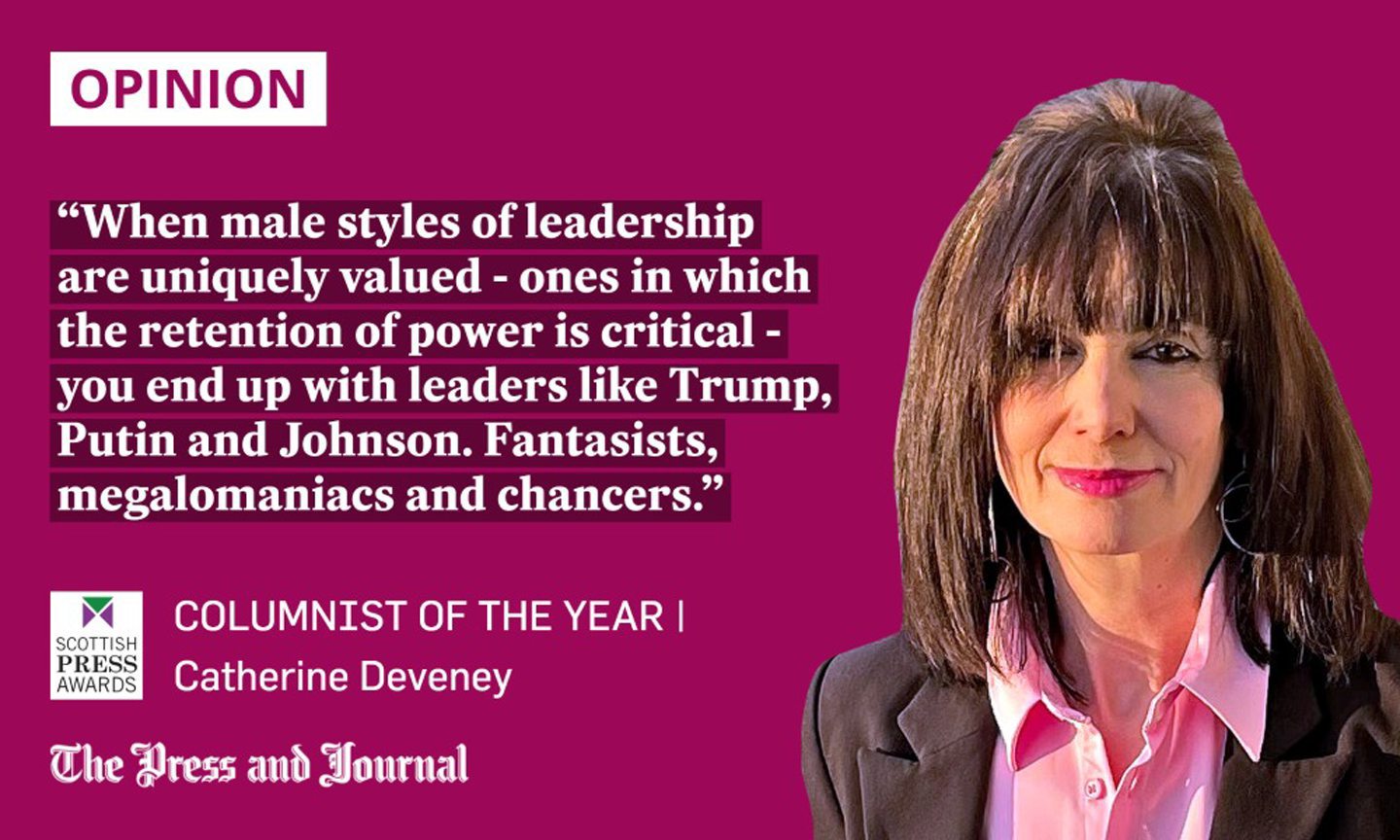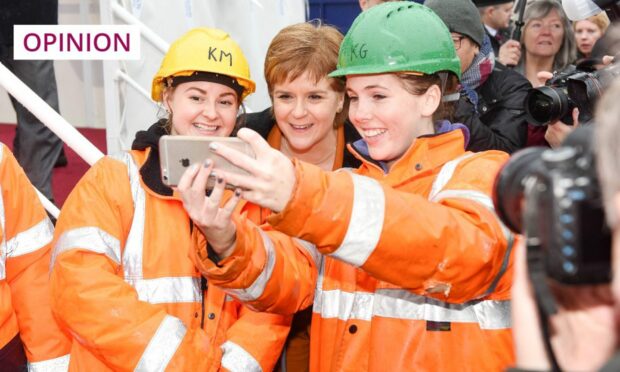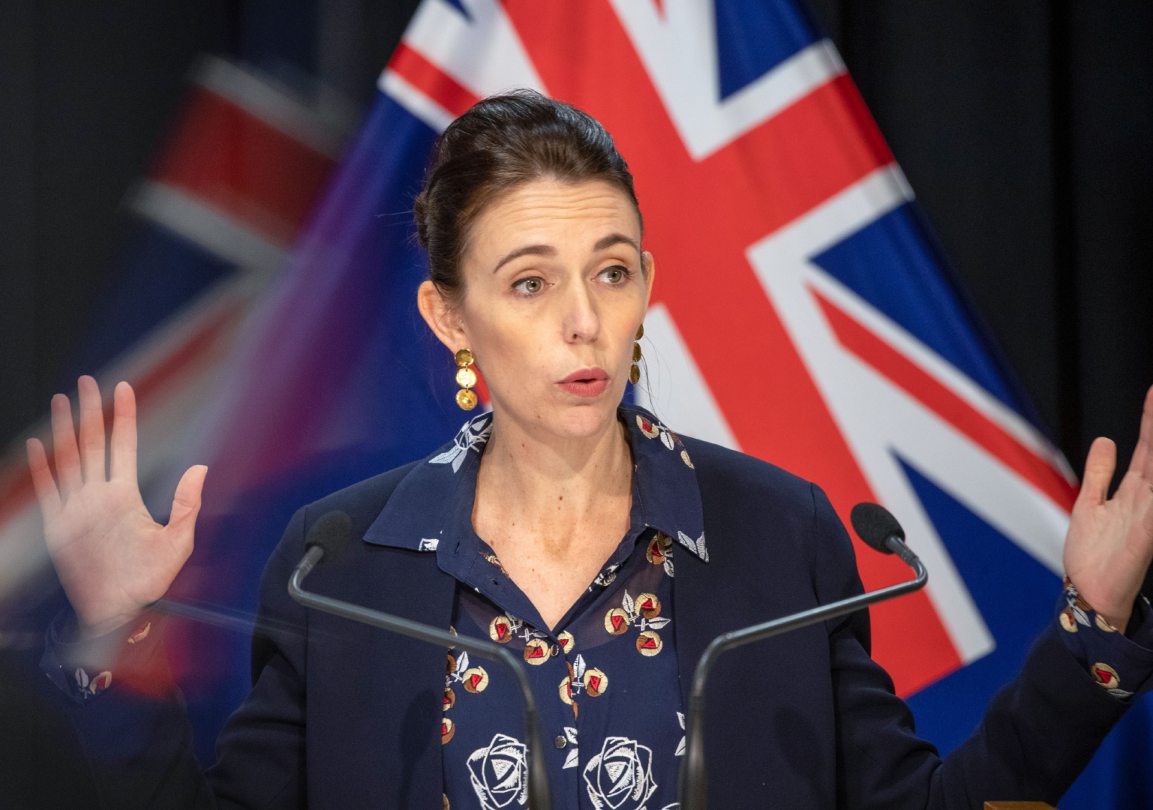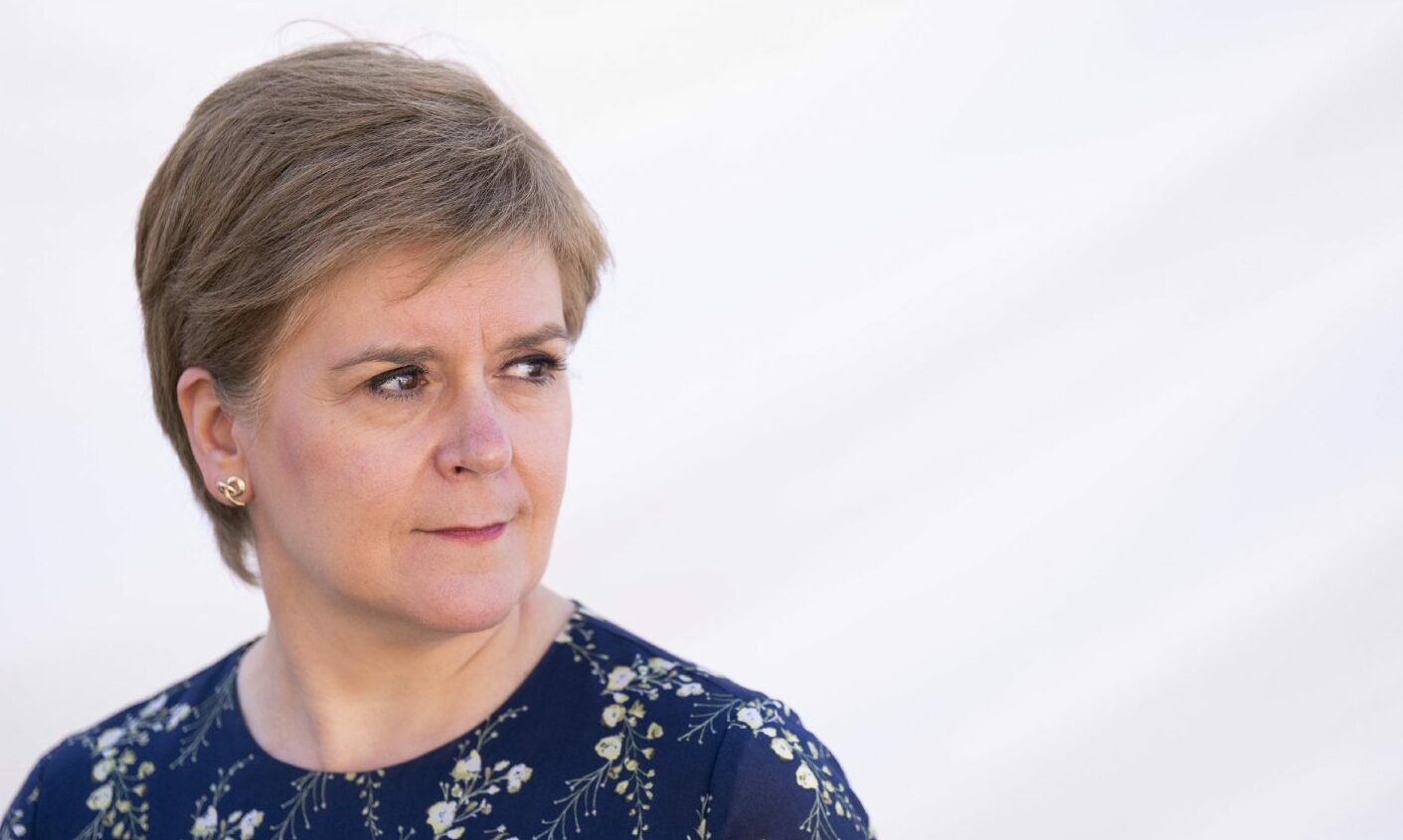The idea of actually giving up power voluntarily is novel in public life. Interesting that it is two women who have done so, writes Catherine Deveney.
Waiting to meet Nicola Sturgeon back in 2006, I watched from the Scottish parliament press gallery as she faced Labour First Minister Jack McConnell. But the drama of political encounter was drowned out by a drama of political accountability.
A commotion erupted in the gallery; a middle-aged man whose wife had died shouting about medical negligence. Overpowered by security guards, his voice left last.
“McConnell!” he roared, a howl of unfiltered pain and anger. Bruising to watch. What, I wondered, would Sturgeon’s response reveal about her political instincts?
Losing one female leader this year – New Zealand’s Jacinda Ardern – was unfortunate. Losing two, as Oscar Wilde might observe, looks like carelessness.
In the language of both Ardern’s and Sturgeon’s resignation speeches lie some of the reasons why only 13 countries have a female head of state, and 15 a head of government. Their discussion of personal integrity, and of public discourse, indicated an attitude to power and responsibility that differed from mainstream male leaders.

Those who want power most are usually those least suited to exercise it. In his resignation speech, Boris Johnson made clear he wanted to stay. Something of an understatement, given his fingers were bent in a rigor mortis grip, his fingernails white with the effort of holding on to the coattails of power.
“But them’s the breaks,” he added with old Etonian insouciance when the game was finally up, before heading off to earn £5 million in the six months after leaving office. Over a million and a half for every fib-filled, scandal-injected, party-going, corrupt year as prime minister.
The idea of actually giving up power voluntarily, rather than clinging to it, is novel in public life. Interesting that it is two women who have done so.
Not about stereotypes, but values
Jacinda Ardern was the world’s youngest female head of state when elected as New Zealand’s PM. She gave birth within a year of taking office and gave speeches with her daughter on her lap. She didn’t need to make a political point about women and the workplace. She was one.
“One of the criticisms I’ve faced over the years,” she once told the New York Times, “is that I’m not aggressive enough or assertive enough, or maybe somehow, because I’m empathetic, it means I’m weak. I totally rebel against that. I refuse to believe that you cannot be both compassionate and strong.”
She proved it with her humane attitudes to the socially excluded, and with tight pandemic controls that resulted in New Zealand having a fraction of the deaths of other countries.
This is not about stereotypes, but about values. Sturgeon’s resignation speech engaged fully on emotional terms. She was, she said, a human being as well as a politician. She talked of processing thoughts, feelings and emotions. Of time for family and friends.
In workplaces, female values are often dismissed to the extent that women refrain from mentioning children, domestic arrangements or caring duties in case they are seen as “unprofessional”. But unprofessional simply means not adhering to the male rules of the club.
Their departure leaves us poorer
Most important of all, Sturgeon talked of power not just as privilege, but as responsibility. As service. Clearly, she knew herself: this phase of her service was over.
Discussing the reasons, she touched on the damaging nature of current public discourse. One word stood out: “brutality”.
At current rates of progress, UN Women estimates it will take 130 years for gender parity in leadership
Women are often accused of being “irrational” and “over-emotional”, but Sturgeon called out the irrationality of the toxic way we currently discuss politics and deal with dissent.
Ardern and Sturgeon’s departures mean even fewer women at the helm.
At current rates of progress, UN Women estimates it will take 130 years for gender parity in leadership. Which really isn’t Sturgeon and Ardern’s problem, but is a problem for the rest of us. Their departure leaves us poorer.
Sturgeon succeeded on her own, feminist terms
I have never voted for Sturgeon’s party, but that is immaterial. She has been a more effective party leader than her Westminster rivals, a politician with more natural gravitas and more integrity.
Back in 2006, when asked about the man removed from the gallery, she said democratic proceedings were vital, but the man looked to her “like he was grieving and distressed… and you feel really uncomfortable and sorry”. I suspected then that Sturgeon’s heart was her strength. She saw disruption – but she also saw pain.
Feminism isn’t just about equality of opportunity in a man’s world; it’s about parity for male and female values. When male styles of leadership are uniquely valued – ones in which the retention of power is critical – you end up with leaders like Trump, Putin and Johnson. Fantasists, megalomaniacs and chancers. You also end up with female leaders whose only route to power is to ape those values even better than men do.
Years later, I spoke again to Sturgeon, now first minister, at a book launch, and watched her speak. The shy woman had developed into a funny, warm and self-deprecating raconteur. Sturgeon succeeded on her own, feminist terms. For that reason alone, she will be missed.
Catherine Deveney is an award-winning investigative journalist, novelist and television presenter, and Scottish Newspaper Columnist of the Year 2022



Conversation